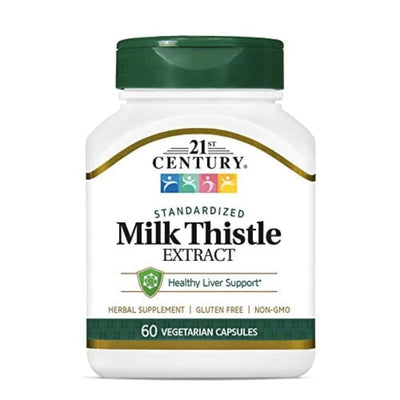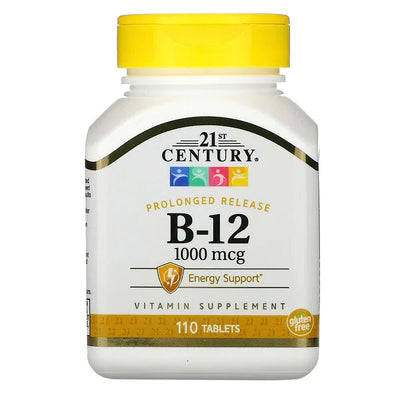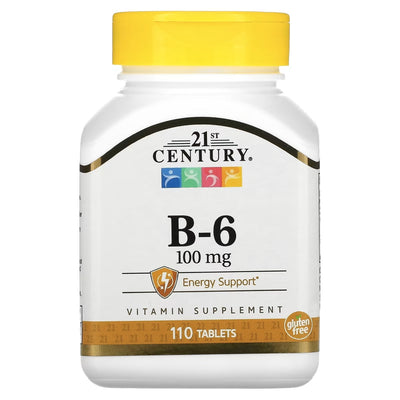
BCAAs vs. Complete Proteins: Understanding the Difference
What Are BCAAs?
BCAAs consist of three essential amino acids: leucine, isoleucine, and valine. These amino acids are termed "branched-chain" due to their molecular structure and are unique in the way they are metabolized directly by the muscles, rather than first being processed through the liver. BCAAs are particularly known for their role in muscle protein synthesis, energy production during exercise, and recovery after workouts.
What Are Complete Proteins?
Complete proteins contain all nine essential amino acids necessary for the human diet. These proteins are crucial for building and repairing tissues, making hormones and enzymes, and maintaining muscle and bone health. Complete proteins are typically found in animal products, such as meat, fish, poultry, eggs, and dairy, as well as a few plant sources like quinoa and soy.
BCAAs vs. Complete Proteins: Key Differences
Metabolism and Usage
- BCAAs are primarily used for their rapid muscle energy production and regulatory roles in muscle protein synthesis. They are absorbed directly into the bloodstream and can be utilized quickly by the body during and after exercise.
- Complete Proteins undergo a more complex digestion and absorption process. They are broken down in the stomach and intestines, then the amino acids are transported to various tissues through the bloodstream.
Benefits
- BCAAs are especially beneficial for reducing exercise fatigue, decreasing muscle soreness, and preventing muscle wasting. They can also be a quick source of energy directly supplied to the muscles.
- Complete Proteins are essential for overall health, supporting immune function, cellular repair, and growth, and maintaining metabolism. They are fundamental to a balanced diet, ensuring all body systems function properly.
When to Use Each
- BCAAs are particularly useful around workout times—before, during, and immediately after exercise—for their muscle-protective benefits and to enhance recovery.
- Complete Proteins should be consumed throughout the day as part of regular meals to ensure the body receives a steady supply of essential amino acids for general bodily functions and long-term muscle repair.
Choosing Between BCAAs and Complete Proteins
Choosing between BCAAs and complete proteins often depends on your specific fitness goals and dietary needs:
- For Endurance and Recovery: If you're focusing on endurance sports or intense training sessions, supplementing with BCAAs might be beneficial due to their ability to enhance muscle recovery and reduce soreness.
- For Overall Health and Muscle Maintenance: If your goal is overall health, muscle maintenance, or you are engaging in regular strength training, ensure your diet includes sufficient complete proteins to support comprehensive body functions and long-term muscle health.
Both BCAAs and complete proteins can be found in various forms at Supps247, making it easy to incorporate them into your nutrition plan based on your specific requirements.
Conclusion
Understanding the differences between BCAAs and complete proteins is essential for tailoring your diet to fit your fitness and health goals. Whether you choose BCAAs for specific training support or complete proteins to ensure all-around health, both play integral roles in nutrition and should be considered carefully in any balanced diet.



















